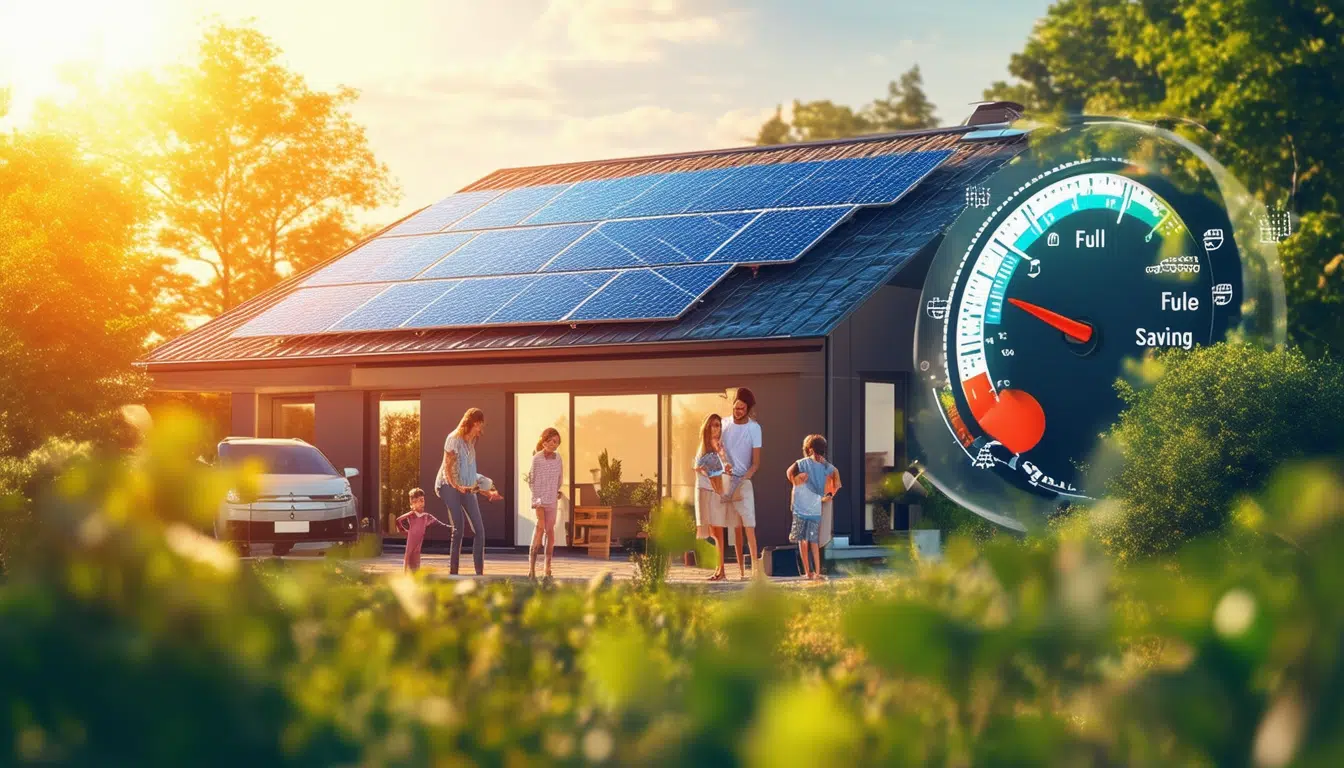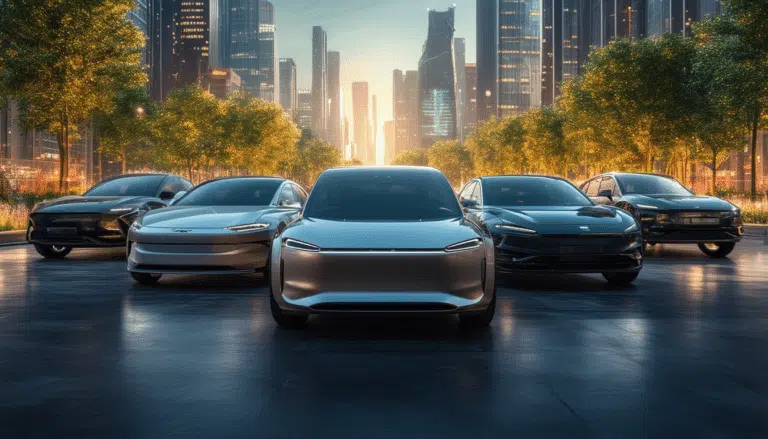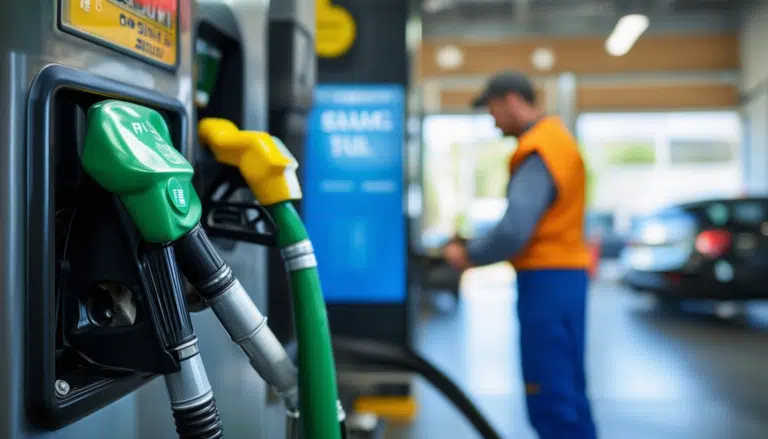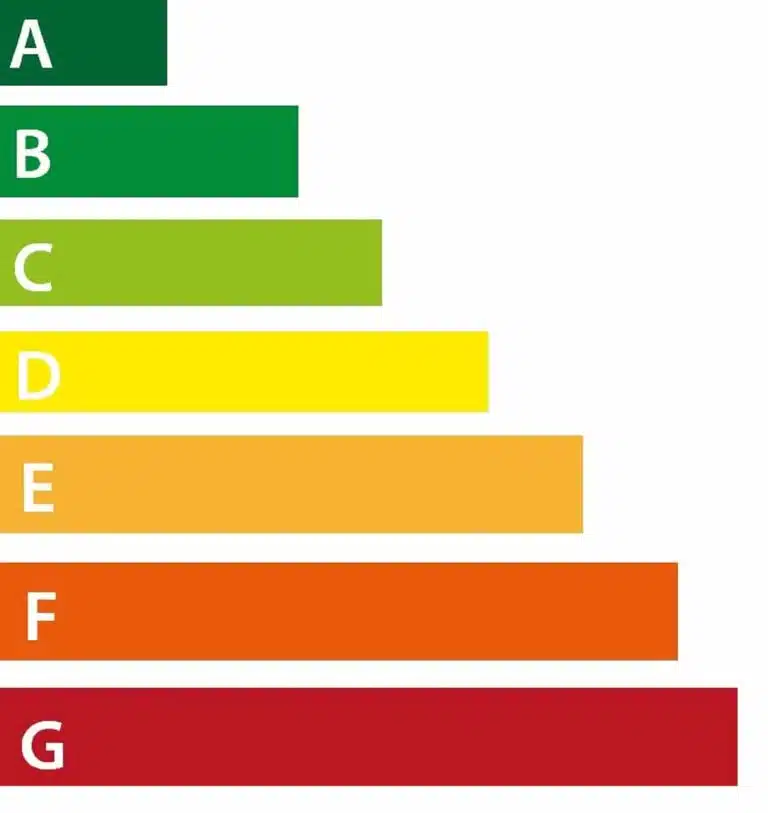The importance of energy efficiency in fuel savings

Energy efficiency has become a crucial concept today, especially in the context of fuel savings. Optimizing energy use not only allows us to reduce costs on bills, but also helps to decrease our dependence on non-renewable energy sources, such as fossil fuels. By implementing more efficient practices, both at home and in industry, we achieve not only a positive impact on the environment, but also a significant reduction in energy consumption and a better utilization of available resources.
Energy efficiency is a fundamental concept for optimizing the use of energy sources and, specifically, it becomes crucial in the context of fuel savings. By improving the methods and technologies used to consume energy, it is possible not only to achieve significant bills reductions, but also to decrease the dependence on finite resources and their environmental impact. This article delves into the importance of energy efficiency and how it affects fuel consumption.
Definition and benefits of energy efficiency
Energy efficiency refers to the intelligent use of energy to obtain the same service, but with less energy. This translates into not only an economic savings, but also a reduction in pollution and the pressure on energy resources. For example, by opting for machinery and appliances with high efficiency ratings, it is possible to reduce energy consumption in a home or business, which, in turn, decreases the total demand for fossil fuels.
Impact of energy efficiency on fuel savings
The increase in energy efficiency has a direct impact on fuel savings. By being more efficient in the use of energy resources, there is no need to resort to expensive and polluting energy sources. For example, vehicles with high fuel efficiency not only cover more kilometers per liter, but also contribute to a cleaner atmosphere. The optimization of these transport systems is essential for moving towards sustainable mobility.
Cost reduction and risks of scarcity
Implementing energy efficiency practices not only offers immediate savings on fuel bills, but also helps to mitigate the risk of future price increases. As resources become scarcer, proactive energy savings allow individuals and businesses to better prepare for potential energy crises. This is reflected in the reduction of dependence on imports and in fostering a safer and more sustainable environment.
Tips for improving energy efficiency
To maximize fuel savings, various energy efficiency strategies can be adopted. For example:
- Conduct regular maintenance of vehicles and heating systems to ensure optimal performance.
- Opt for hybrid or electric vehicles that are more efficient than conventional ones.
- Implement home technologies such as LED bulbs and appliances rated as high efficiency.
Additionally, knowing and applying efficient driving techniques can help further maximize fuel performance. For example, avoiding sudden accelerations and maintaining a constant speed can make a big difference in fuel consumption.
Emerging initiatives and technologies
The advancement of technology plays an essential role in improving energy efficiency. Innovations such as energy management systems in smart buildings or the development of high efficiency engines in cars are revolutionizing the way we consume energy. The automotive and electrical industries are significantly investing in R&D to create vehicles that not only consume less but also minimize their carbon footprint.
An example of this is the initiatives of large automotive companies. For instance, Volkswagen has announced massive investments to improve the energy efficiency of its electric models.
General conclusions on energy efficiency and fuel savings
Energy efficiency is a key element in achieving a more sustainable and responsible future in resource use. Adopting efficient practices not only benefits individual economies but also represents a step towards environmental conservation.
Energy efficiency plays a crucial role in reducing fuel consumption. By optimizing energy use, not only are expenses on bills decreased, but the pressure on finite and non-renewable resources, such as fossil fuels, is also reduced. This optimization contributes to mitigating the effects of climate change by decreasing the greenhouse gas emissions resulting from the combustion of these resources.
The implementation of energy efficiency measures offers various advantages both practically and economically. By consuming less energy, homes and businesses can experience significant savings on their electricity and fuel bills. This cost reduction saves money for consumers and businesses, thus promoting a healthier and more sustainable economy. Moreover, energy consumption savings can contribute to the stability of energy prices, moderating dependence on imports.
Additionally, energy efficiency promotes the use of cleaner and more sustainable technologies. For example, by choosing vehicles with higher fuel efficiency or by using low-consumption appliances, a more environmentally friendly lifestyle is encouraged. These changes not only benefit individuals but also society as a whole, fostering a future where the efficient use of energy resources becomes the norm.
In this context, it is essential to adopt energy-saving practices in our daily lives. From rational use of appliances to improving insulation in our homes, every small action counts to reduce fuel consumption and promote greater sustainability.




